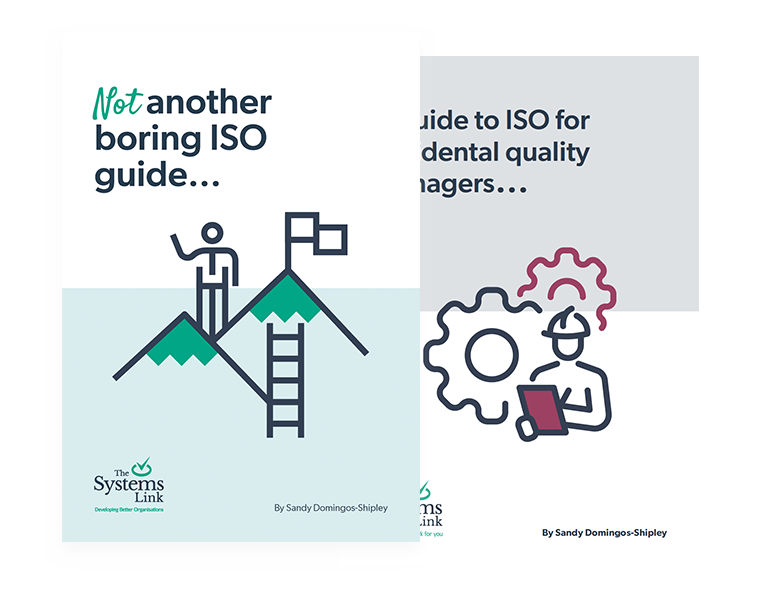Quality management systems are at the core of ISO 9001 and form the framework for building a world-class business.
Unfortunately, too many organisations view the QMS as a means to an end – something that is required for the sole purpose of satisfying auditors to gain ISO certification.
Once they have gained that certification, the role of the quality manager becomes focused on maintaining the QMS rather than improving it.
I think this is a real shame. If the ISO methodology has been implemented properly, the QMS is a valuable business tool.
An effective QMS will help your organisation:
• Ensure consistency in quality of products and services
• Reduce complaint levels and improve customer satisfaction
• Identify new business opportunities and remain competitive
• Attract and retain more customers
• Mitigate risk and stay compliant
• Have robust and efficient processes
• Reduce waste
All of these things lead to increased profits, which is why constantly improving your QMS should be a no-brainer.
Forget about the certificate
I see too many people getting hung up on the certificate element of ISO 9001. But the certificate is just a piece of paper.
Yes, that piece of paper demonstrates to external customers, suppliers and stakeholders that your quality management system meets internationally recognised standards, but it’s still just a piece of paper. It’s the systems themself that provide the real value.
That’s why I always get my clients to focus on the ISO frameworks rather than the certificate at the end.
Implementing the methodology behind the standards will provide the benefits I’ve outlined above, with or without the certificate. The certificate is simply the icing on the cake, and not all cakes need icing.
If you want to get the most from your QMS, you need to stop looking at it as a tick box exercise and start looking at it as a business tool.
Question everything
Why does the standard ask for this? How will it improve the business? How can we meet the objective in a way that fits with how we operate?
Everything within the ISO framework is there because it will improve your business. You need to implement it in a way that works with your business, not alongside it.
Let’s take documenting processes as an example. Most businesses have processes they follow, but these aren’t always documented. No big deal, right?
But if they aren’t documented, how are you ensuring that new employees know to follow these processes? How do you stop existing employees watering the processes down, skipping steps, doing things in the wrong order?
If the process relates to something that isn’t an everyday occurrence, where can employees find out what the process is?
A documented process removes uncertainty and ambiguity. It can be used when training new employees and as a reference point for existing employees. Documented processes ensure every employee completes tasks and records information in the same way and to the same standard.
And documented processes can be easily reviewed.
Once you have a process written down, you can evaluate each step of the process and improve it. Are there any unnecessary steps? How can the process be made more efficient?
So now you can see why the standard asks for documented processes. It’s not just to give ISO auditors something to look at. It’s to ensure consistency in the way you do things, eliminate grey areas in the way things are done, and enable you to keep improving.
Make continuous improvement part of your company culture
Continuous improvement is integral to business success. If you aren’t looking for ways to make your business more sustainable, more efficient, more profitable, then you’re going to stagnate pretty quickly.
Your QMS should provide you with the data you need to make informed business decisions and continually improve.
Always review, evaluate, and revise your systems and processes to ensure they remain fit for purpose.
Are there any redundant processes or steps? How can you make the process more efficient? Which steps are causing bottlenecks, and how can you prevent this?
Just because the framework requires someone to take ownership of the QMS, that doesn’t mean they are the only person responsible for improving it. Continuous improvement and quality should be everyone’s responsibility.
How can the Systems Link help?
Whether you are thinking about ISO accreditation, already have ISO accreditation, or simply want to improve the way your business operates, The Systems Link can help.
We don’t think quality should be limited to big businesses. An effective QMS will benefit any business, regardless of whether they want an ISO certificate or not.
So if you don’t currently have an effective QMS or you don’t feel you are reaping the benefits of your ISO accreditation, get in touch.


